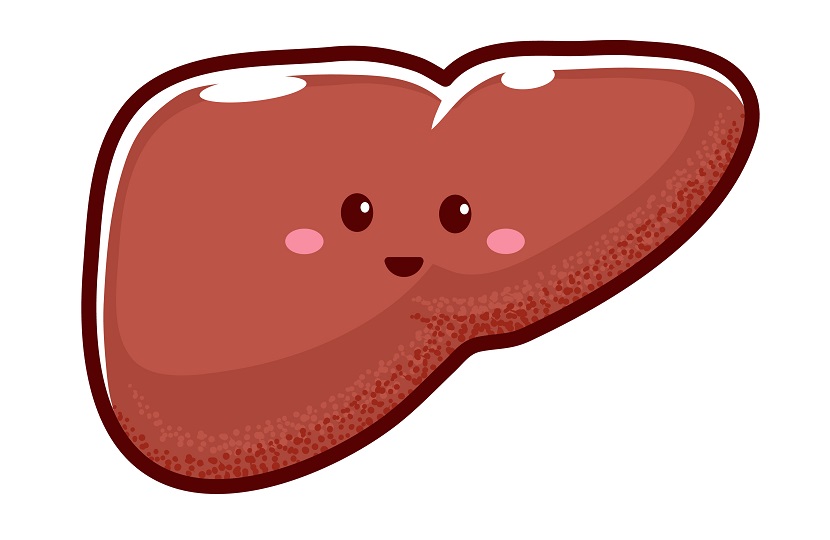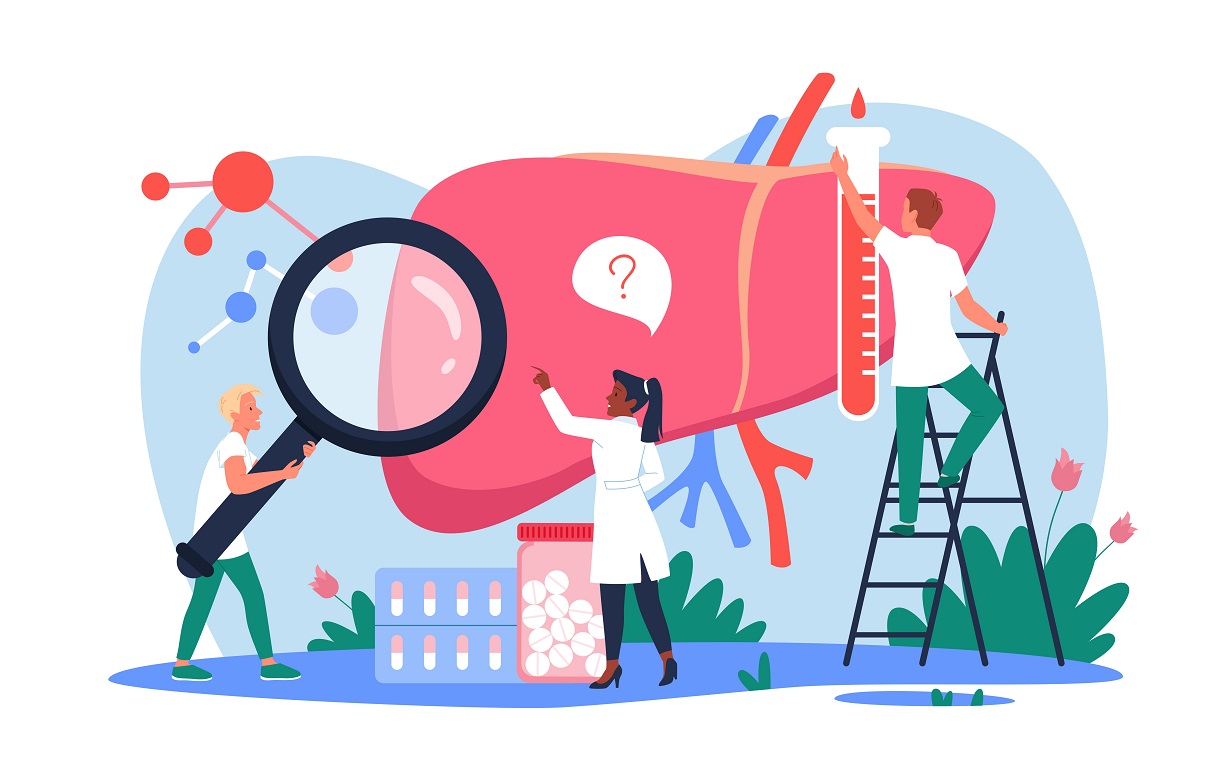Why register?
Find out why it's really important that you do.
The liver is a vital part of the digestive system. Choosing to donate your liver could save someone's life.
Liver donation is usually something that happens after you die, but if you are fit and well it may be possible to donate part of your liver to someone else while you are alive.

The liver is the largest solid organ in the body, and supports almost every other organ.
Your liver does many different jobs, such as getting rid of naturally occurring poisons known as toxins, and controling blood fat and sugar levels. It also produces a liquid called bile, which is needed to digest food.
When a liver is not working properly and can no longer do these jobs, a person is said to be in liver failure or end-stage liver disease.
Living with liver failure can mean being unable to do many of the things that healthy people take for granted. Unfortunately, there is no machine that can help the body to do the jobs of the liver long-term.
At this point, when quality of life is so poor, or a person is thought to have a shortened life-expectancy, a transplant is usually considered.

Liver failure is a life-threatening condition, so if you choose to become a liver donor when you die, you could be saving someone's life.
Anyone can register a decision to become a liver donor after death, there is no age limit.
There are also very few health conditions where organ donation is ruled out completely.
If you would like to help others after you die by becoming a liver donor, the best thing to do is to add your name and decision to the NHS Organ Donor Register.
Act now to save lives in the future.

It takes just two minutes to register online.
Alternatively, you can call us on 0300 123 23 23.
Find out why it's really important that you do.
Organ donation will only go ahead with the support of your family, and clinicians will never proceed with organ donation if your family or loved ones object.
Get tips on how to talk to your loved ones about organ donation